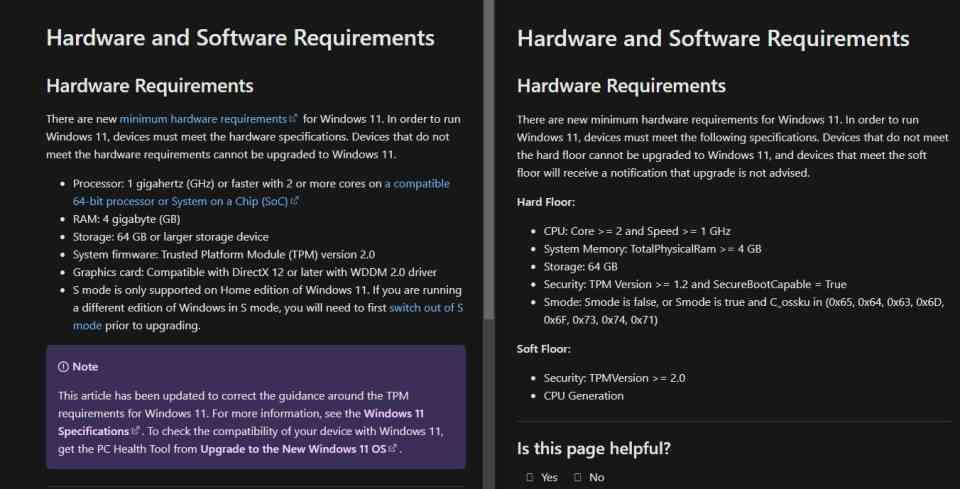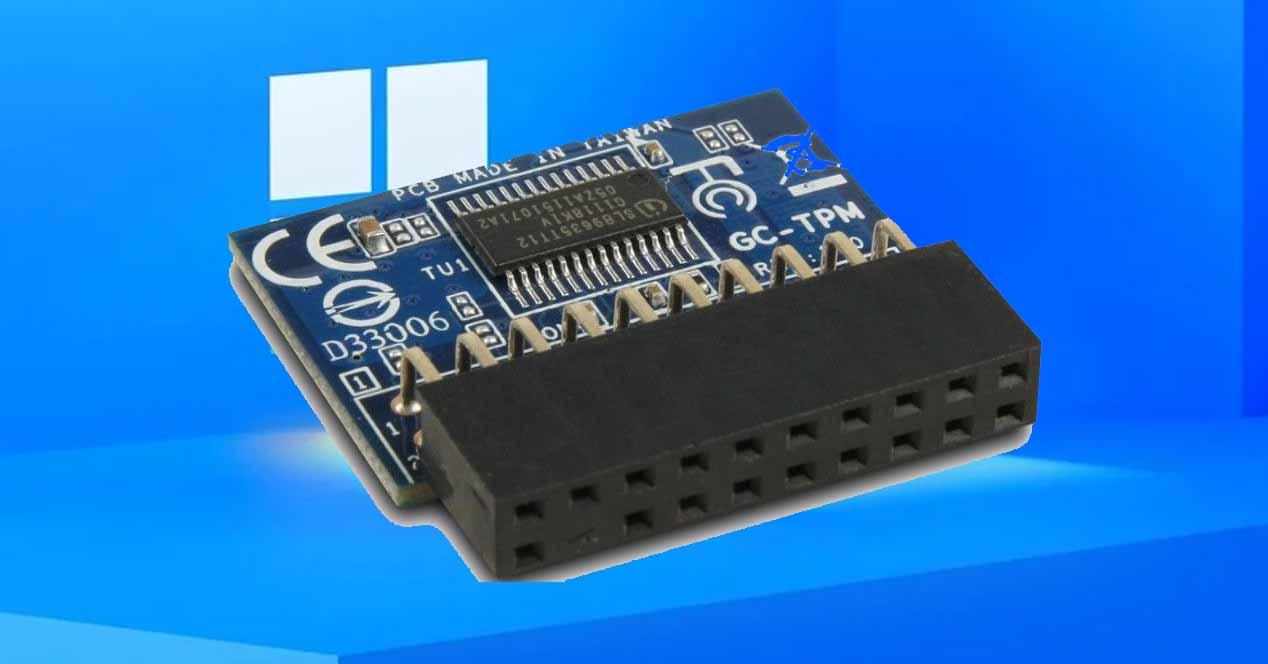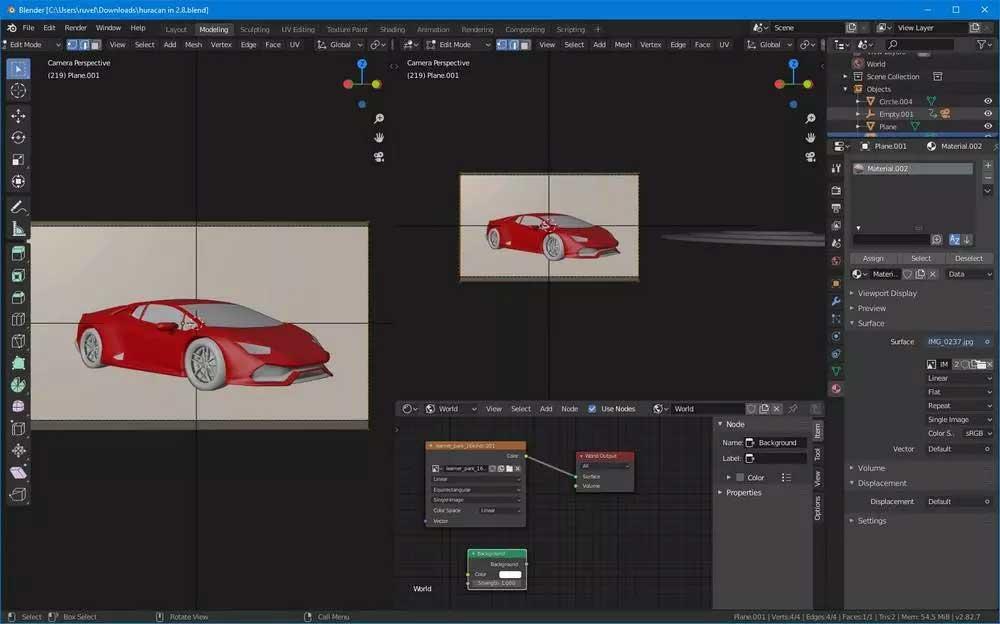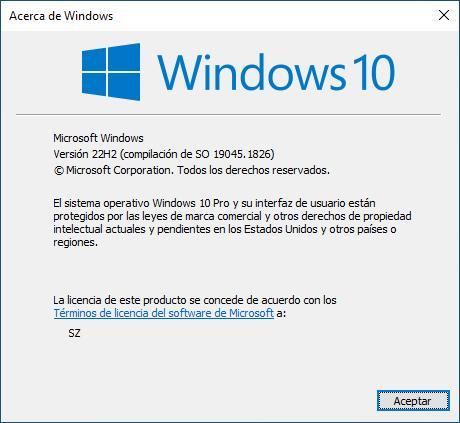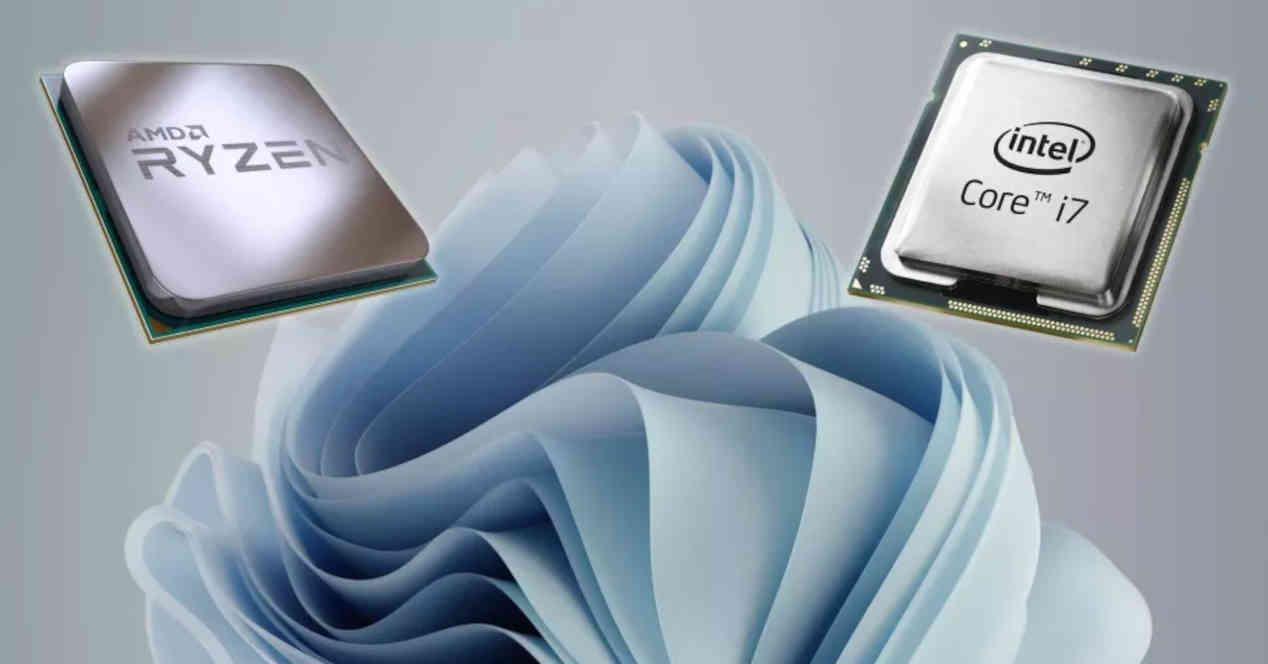
Microsoft has created a lot of confusion for users with Windows 11, the reason is that its technical requirements are contradictory to each other. Which leads many to think that their CPU will not be compatible with the operating system.
Is it true that my CPU can’t with Windows 11?
In reality it is not like that, you just have to do a review of the specifications that Windows 11 requires to work to see how it does not make any sense that certain families of Intel and AMD CPUs are not compatible with the following Microsoft operating system. The real motive behind it? Well, the compatibility with the TPM 2.0 module of the motherboards on which certain families of processors are mounted.
Let’s not forget that there is a close relationship between the socket used, the type of chipset and the motherboard. It is precisely in the latter where the TPM 2.0 module that requires Windows 11 to function is mounted. And it must be clarified before all this that there are models of pre-built laptops and PCs with CPUs that in theory are not among the “supported” to which the manufacturers have added a TPM module that meets the requirements demanded by Windows 11.
The reason manufacturers add a TPM module to their pre-built laptops and PCs is because it gives you a higher level of control over your users’ computers. The TPM Chip not only makes it possible to create a trusted environment for Microsoft, but also for manufacturers. Which allows them to monitor the usage trends of the users who use their systems. On the one hand, this serves them internally for market research, on the other it can be used to send massive or vitally important security updates to everyone who uses the computer.
TPM 2.0 module is the prerequisite, not the CPU
Microsoft’s strategy of making Windows 11 compatible only on PCs with PCs with TPM modules is supported by the need to implement protection of passwords and sensitive user data through hardware and not be limited to software, which can always be done. bust in safety. This is a general trend in the world of computing during the last years and it is true that the inclusion of the TPM 2.0 chip gives us an additional level of security.
The other card of the coin is the inclusion of digital rights control for the software, which despite being able to be used to close the distribution of the applications to the rest of the digital stores, is also a weapon to fight against the piracy of the applications on PC. This being one of the endemic problems of the platform since its inception
In any case, Microsoft has yet to officially give a list of total CPU compatibility, since it is possible that Windows 11 makes use of some instruction of the ISA x86 for its operation that began to be implemented from a certain generation of Intel or AMD CPUs. Moreover, the operating system itself in its installation should be able to detect the ID of the processor model and know through an internal table if it is compatible or not.
